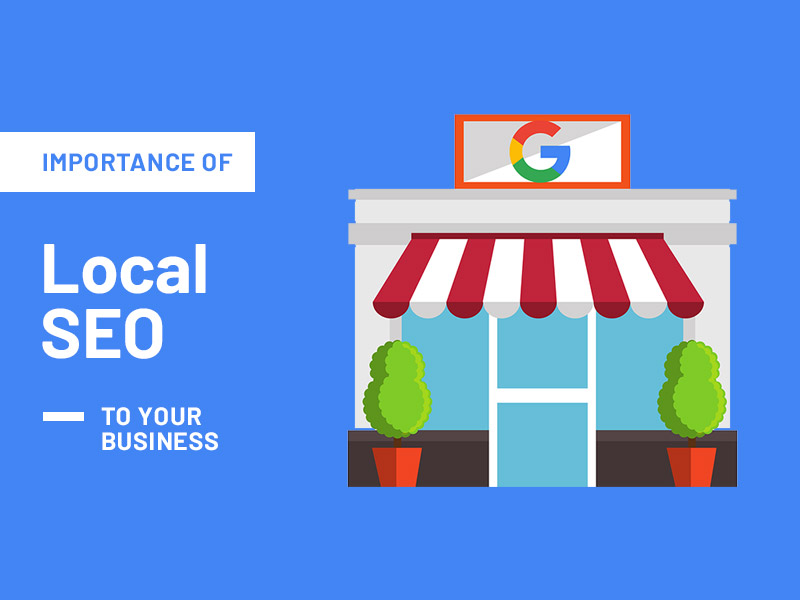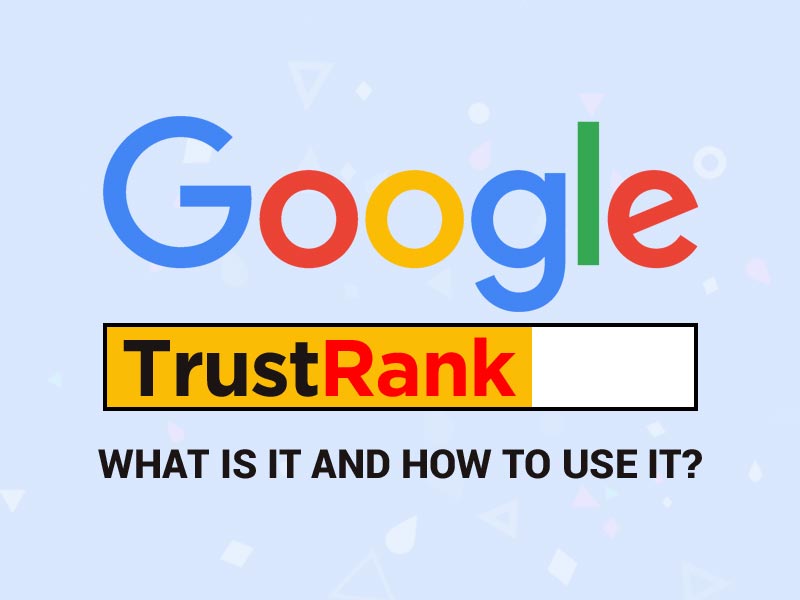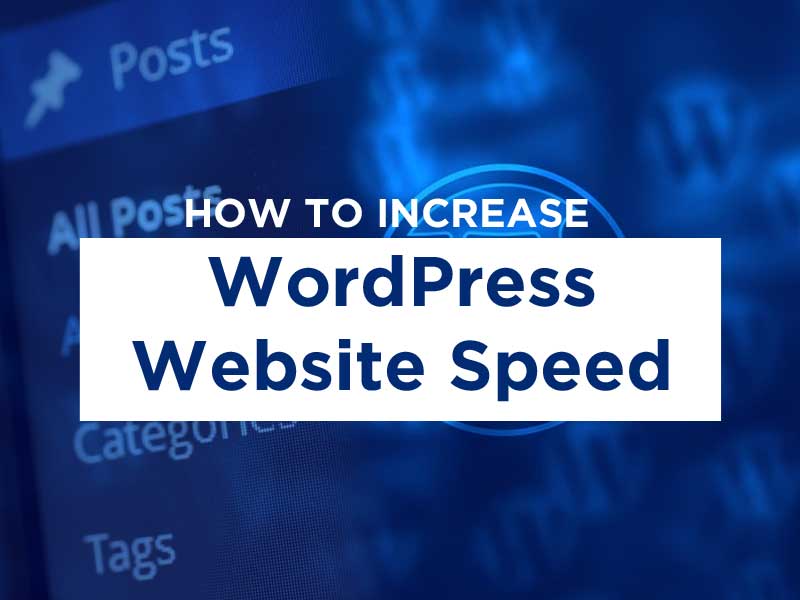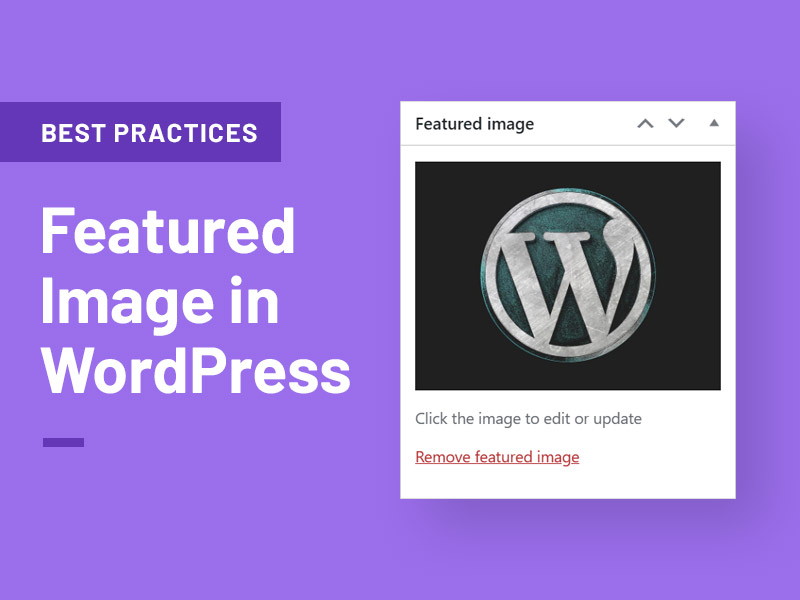Despite all the time you spend on it, no one’s reading your blog! But they could be… all it takes is a little SEO.
What’s SEO, you ask? It stands for Search Engine Optimization, and it’s the process of getting your website to rank on the first pages of search engines. By pursuing SEO, you can attract substantial amounts of traffic to your website, gaining loyal readers in the process.
Interested in learning more? Here’s how SEO works and how you can use it.
How to Use SEO to Rank Your Blog
Pick Keywords
First and foremost, you need to pick appropriate keywords. These keywords will be used to indicate to search engines what you’re trying to rank for. This way, when a user types in these keywords, your website has a chance of showing up on the first page.
Your primary keywords should revolve around the purpose of your blog. For instance, if it’s a sports blog, it should be something to the effect of “basketball blog” or “football blog“. Note, however, that the more specific your keyword, the less competition you’ll have to deal with when trying to rank.
So, instead of just using the keyword “basketball blog”, for instance, you might instead use the keyword “college basketball blog” or, even more specifically, “ACC college basketball blog”.
To find appropriate keywords, you should perform keyword research. This is best done with a keyword research tool, as it will show you how much competition a keyword has as well as how many visitors each keyword gets every month. Some of the best of these tools include SEO Analyzer, Ahrefs, Shine Ranker, SEMRush, and Google Keyword Planner.
Set Up Social Media Profiles
These days, social media plays a vital part in SEO. The more activity that shows on your social media profiles, the more search engines will see your brand as a reputable and authoritative one. This will help push you to the top of the SEO rankings for your chosen keywords.
For a blog, the primary social media platforms to use are Facebook and Twitter. Note, though, that Instagram and, in some cases, LinkedIn can make a difference as well.
Post to these profiles at least 2 to 3 times weekly and try to carry on a dialogue with commenters as well. This way, you’ll receive not only SEO benefits but social media marketing benefits as well.
Get Backlinks
Backlinks might just be the most important component of any SEO campaign. What is a backlink, you ask? It’s a link from someone else’s website to your website.
Why are backlinks so important? Because they indicate to Google that others see your website as a reliable, attention-worthy, and trustworthy source.
Now, how do you get backlinks? Ideally, you’ll get them naturally. Someone will find a piece of your content and link to it in their own content.
Unfortunately, if your blog is unknown, this probably isn’t going to happen. Instead, to build clout, you’ll need to use backlinking strategies.
One of these strategies is to write guest posts for other blogs. This way, you can just drop a link to your website into the post.
Another strategy is to swap links with another blogger. Find one that’s not in your direct niche, but who has a relating niche. Link to their website in one of your posts on the condition that they’ll rank to your website in one of their posts.
Create Content
A stagnant website is not good for SEO. In fact, it’s an indication that your website is inactive. Search engines don’t like websites that are inactive.
This is why you have to create content for your website on a regular basis. As a blogger, this shouldn’t be a big challenge. Just make sure that you’re posting at least once a week (though the more you post, the better off you’ll be).
In addition, make sure that your blog content contains researched keywords. Regardless of what you’re blogging about, there should be keywords available to help your article rank.
Optimize the Technical Aspects of Your Website
The performance of your website has a large bearing on SEO as well. The faster and easier it is for users to navigate, the more clout it will gain with search engines. As such, you need to try to optimize the technical aspects of your website as well.
Perhaps the most important aspect is the website’s loading speed. Ideally, your website will load in less than 3 seconds. If it takes longer than this, search engines might ding it for SEO purposes.
You can speed up a website by reducing image sizes, minifying code, caching data, and using better hosting.
In addition to speeding up your website, you want to optimize its metadata. This includes things such as meta descriptions, meta titles, image attributes, and the like. These should contain keywords and should be written so as to appeal to human beings.
The navigation aspects of your website are important as well. For instance, your primary navigation menu needs to be easy to find. If it’s hard to find, users might leave your website; that would be bad for SEO.
Generally speaking, it’s wise to place the navigation menu at the top of the page. This is where people expect it to be, and is exactly where they’ll look first. Whatever you do, don’t make them search for the navigation menu; it should be obvious.
There are other aspects to optimizing your website for SEO purposes. However, they can be a little more complex. If you want to go the extra mile of optimizing these portions of your website, you’re advised to utilize professional SEO services.
SEO Can Make a Substantial Difference
If your goal is to drive traffic to your blog, just know that SEO can make a substantial difference. Getting your website on the first pages of search engines can expose it to thousands of new web users monthly. So, put the above-reviewed strategies to work and see what you can do.
Looking for similar info? Our website has you covered. Check out some of our other blogs now!







